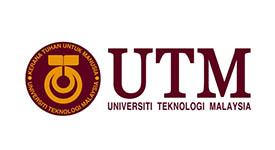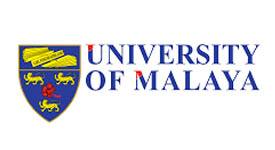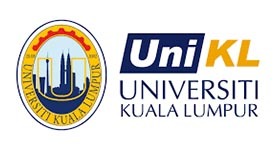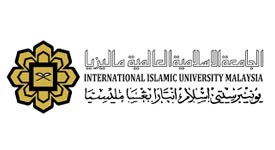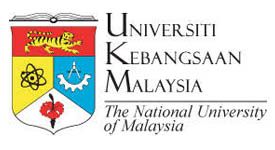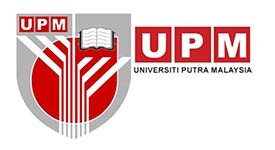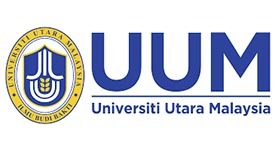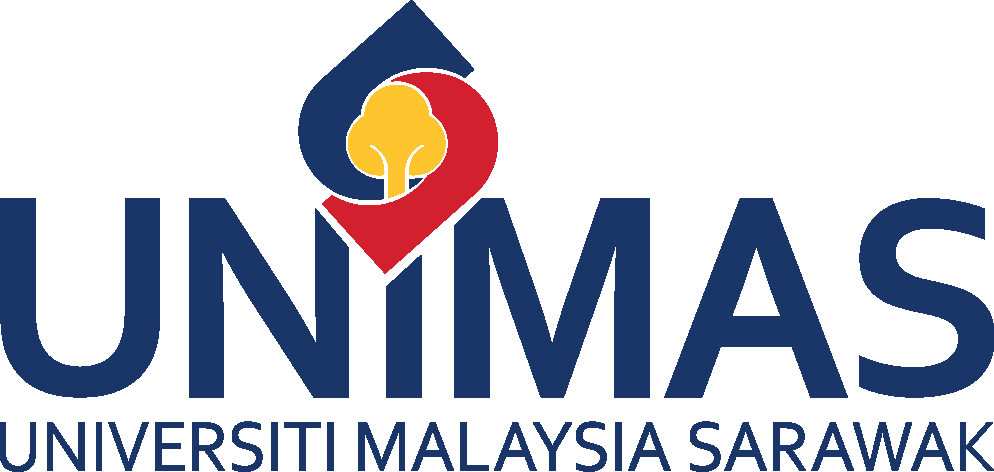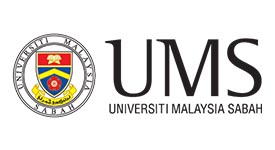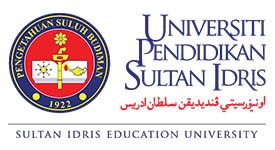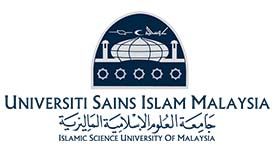Overview of Bachelor of Engineering ( Biomedical ) with Honours in Universiti Teknologi
Malaysia
The Bachelor of Engineering (Biomedical) with Honours is offered on a full-time basis. There is a growing demand for technical professionals who can effectively integrate the fields of biomedical science and engineering. Professionals who are capable of understanding medical problems within the context of engineering sciences will be able to solve problems that are of interest to both engineers and medical practitioners.
This new field of biomedical engineering has made significant contributions to technological advancement in various fields of medicine and healthcare. These include the creation and production of artificial human parts, communication aids and assistive tools for people with disabilities, new diagnostic and therapeutic tools that lead to new medical procedures, etc. Technology in medicine has advanced so much that, today, there are countless medical devices specifically designed for home use.
The Biomedical Engineering bachelor programme is a mixed curriculum of engineering and biomedical sciences. The course contents for 1st year and 2nd year are geared towards the principles and fundamentals of biomedical engineering and sciences, such as Introduction to Biomedical Engineering and Basic Anatomy & Physiology; while also learning general engineering courses such as Engineering Mathematics and Digital Electronics. Students are also required to take general university courses such as Academic English Skill and Islamic & Asian Civilization.
In the 3rd year students will be exposed to more specialised courses such as Biomedical Instrumentation & Measurement, Clinical Engineering, and Biomedical Materials. In the final 4th year, students will be further reinforced in the field of biomedical engineering through courses like Biomedical Systems Design, Biochemistry for Biomedical Engineers and Biomedical Signal Processing. Students will also be required to take three elective courses such as Rehabilitation Engineering, Biosystems Modelling, and Medical Informatics. In addition, students in the final year are required to complete a Final Year Project (FYP), Professional Practice in Biomedical Engineering and Entrepreneurship. All these courses are designed and structured to produce a competent and reliable biomedical engineer.
Graduates of this course can find work opportunities in hospitals, companies involve in biomedical products, either manufacturing them, sales and service, or R&D, Ministry of Health, Malaysia, and any other party interested in health care. Among the job opportunities available to the biomedical engineer are:
PROGRAMME STRUCTURE
Programme Educational Objectives (PEO)
| Code |
Programmed Educational Objectives |
| PEO1 |
Biomedical engineers with competency to work in biomedical industry. |
| PEO2 |
Biomedical engineers with leadership positions in the biomedical engineering sector |
| PEO3 |
Biomedical engineers embrace professional development through biomedical engineering practice and life-long learning. |
| PEO4 |
Biomedical engineers who conduct their professional work ethically and contribute towards societal responsibilities. |
Programme Learning Outcomes (PLO)
After having completed the programme, graduates should be able to demonstrate the following competencies:
| Code |
Program Learning Outcomes |
| PLO1 |
Apply knowledge of science and engineering fundamentals to the solution of complex biomedical engineering problems. |
| PLO2 |
Identify, formulate and solve complex biomedical engineering problems through structured literature reasearch and scientific approach using first principles of mathematics, natural sciences and engineering sciences. |
| PLO3 |
Design solutions for complex biomedical engineering problems with consideration for public health and safety, cultural, societal and enviromental needs. |
| PLO4 |
Conduct investigation into complex Biomedical Engineering problems using research-based knowledge and methodology to provide scientific conclusions. |
| PLO5 |
Select and apply appropriate techniques, resources and modern medical engineering and IT tools, to complex biomedical engineering activities with an understanding of the limitations. |
| PLO6 |
Apply reasoning informed by conttextual knowledge to assess societal , health, safety, legal and cultural issues to professional biomedical engineering practice. |
| PLO7 |
Understand the role of biomedical engineering in society regarding social, cultural , environmental and global responsibilities for sustainable development. |
| PLO8 |
Ability to evaluate and make appropriate professional decision by taking into account ethical principles social and environmental responsibilities. |
| PLO9 |
Communicate effectively on complex engineering activities through written, oral, visual and
graphical forms to colleagues and society at large. |
| PLO10 |
Develop leadership attributes and be committed in achieving common goals in multi-disciplinary
setting using good team working skills. |
| PLO11 |
Ability to adapt with the latest development within the biomedical engineering field for life-long
learning and continuous knowledge improvement. |
| PLO12 |
Demonstrate knowledge and understanding of management and financial aspects of
biomedical engineering and develop entrepreneurship skills. |
Entry Requirements
For Malaysian Students
General Entry Requirements:
- A pass with credit in Bahasa Melayu/ Bahasa Malaysia at SPM level, and
- A pass in Malaysian Higher School Certificate (STPM) with at least C grade (CGPA 2.00) in General Paper and C grade (CGPA 2.00) in any two of the taken subjects in the STPM, or
- A pass in STAM Qualification for at least Jayyid level, or
- A pass in Malaysian Matriculation Certificate / Foundation with minimum CGPA of 2.00, or
- Hold A – Level / International Baccalaureate / Australian Matriculation (Ausmat) Certificate, or
- Hold Diploma / Equivalent recognized by Malaysian government and approved by the University Senate or a pass in Malaysian Higher School Certificate (STPM) with at least C Grade (CGPA 2.00) in General Paper and C Grade (CGPA 2.00) in any two of the taken subject in the STPM, or
- Hold Diploma Vokasional recognized by Malaysian government and approved by the University Senate, or
- Attained a minimum Band 2 in Malaysian University English Test (MUET).
Special Requirements for the Programme
- Comply to university general requirements, and
- Comply to special requirements for the programme.
- Do not have any physical disabilities
For International Students
General Entry Requirements:
- A Senior High School Certificate/Senior Secondary School/other equivalent pre-university qualifications from government schools (with a period of at least 12 years of study from primary to higher secondary).
- Participate in the bridging program organized by the university, and
- Attained a minimum Band 3 in Malaysian University English Test (MUET)/ Band 5.5 in IELTS/ Score of 46 in TOEFL iBT.
- Pass the Health requirements.
